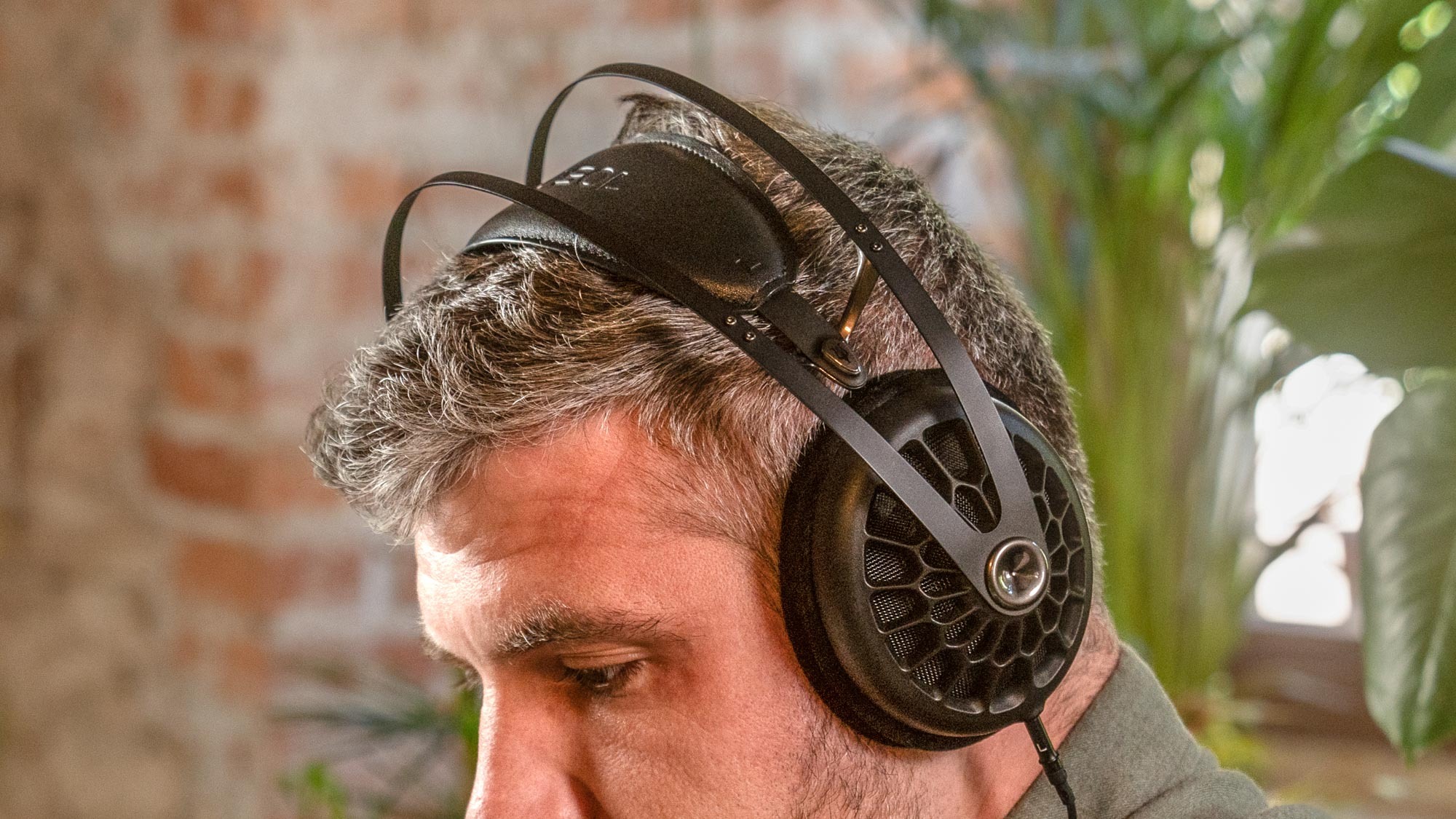By Tribune Online
Copyright tribuneonlineng

By Chidimma F. Odili
AMONG the Igbo, there is one event that shakes the whole village and empties many pockets: a funeral. Ironically, in Igbo land, death seems to unite families more than life ever did. When someone is alive, especially an old person, people rarely check on them. No visitors, no support, no extended family around. But once that person is pronounced dead, the house suddenly becomes full. Relatives, both close and distant, begin to appear from nowhere, all insisting that the deceased must be given a “befitting burial.” This culture has become so strong that funerals are sometimes bigger than weddings, graduations, or even major community festivals. In Igbo land, burying someone has turned into a show of wealth and status. Expensive caskets are imported, bands are hired, cows are slaughtered, and uniform clothes (aso-ebi) are shared among family and friends. Yet, when the deceased was struggling through sickness or poverty, many of these same people never showed up to give help or encouragement.
For the Igbo, a funeral is not just a farewell; it is considered the last respect and a sign of honour. Tradition teaches that a man or woman who lived a long life deserves to be celebrated, not just buried. There is also the cultural fear of shame, families worry about what people will say if their parent is not buried “properly.” As a result, children are pressured to spend heavily, even beyond their means. But this belief has taken a dangerous turn. Funerals that should be simple and dignified are now done like carnivals. Families sell land, take loans, or even borrow from community banks just to “meet up.” The sad reality is that while the dead person lies peacefully in the grave, those left behind are often trapped in debt. The so-called last respect becomes a lifetime financial struggle for the living.
In many Igbo communities, a funeral is not just one day. It can stretch over several days, each with its own financial demands. There is the wake-keep, the church service, the entertainment of guests, the musicians, the canopies, and the endless cooking. People expect to see rice, meat, drinks, and assorted delicacies. In fact, some guests attend burials not to mourn, but to eat. Funerals have become feasting grounds. Instead of weeping, many are busy sharing food, collecting souvenirs, and dancing. It is almost as if the funeral is less about honouring the dead and more about entertaining the living. In some cases, families who cannot afford such extravagance are mocked or looked down upon. The pain of losing a loved one is already heavy, but the added financial burden makes it even worse.
One of the saddest parts of this culture is the hypocrisy it reveals. While alive, an old mother may have begged for visits from her children. She may have cried for little financial support to buy medicine or food. Often, no one came. But once she is gone, those same children gather and begin to argue about how much each person should contribute for the “befitting burial.” In some cases, families even fight over who will control the funeral arrangements, who will slaughter more cows, or who will bring the band. Suddenly, everyone wants to show they care, when in reality, their care would have mattered more when the person was still breathing. This raises a painful but important question: why do we celebrate the dead more than the living? What is the point of spending millions on a funeral if the person did not feel our love and support while alive?
When you look at other Nigerian ethnic groups, the difference is striking. Among many northern communities, burials are done almost immediately after death. A simple grave is dug, prayers are said, and the body is laid to rest. Even in some southern cultures, funerals are not stretched out for months or years. But in Igboland, it is common for a corpse to remain in the mortuary for six months, one year, or even longer, just because the family is still gathering money. The cost of mortuary storage alone can be shocking. Sometimes, the bills from keeping the corpse in a mortuary end up being higher than the cost of the burial itself. This practice has turned death into a financial project. Families are forced to raise millions before they can bury their own. When you compare this with the simplicity of other tribes, you begin to wonder: what exactly are we gaining from such expensive ceremonies? Of course, culture should be respected. Funerals are part of who we are as a people. But when culture becomes a financial punishment, it must be questioned. A funeral should not be about showing off. It should not push families into debt. It should not become an endless carnival where people come mainly to eat rice, meat, and drink beer. But it should be a moment where people truly mourn their dead, feel sober, and reflect on the value of life. It should be a time of respect, not a festival. Funerals ought to remind us of our mortality, not turn into an avenue for fashion parades, gossip, and endless entertainment.
The Igbo people need to really rethink this culture. And they also need to understand that a funeral should not be a competition or a financial punishment to the family. True honour lies in caring for people while they are still breathing, not in turning their burial into a carnival after they are gone.
•Odili, a 400-level student of Mass Communication at the Federal University Oye Ekiti (FUOYE), is on internship at the Nigerian Tribune.
READ MORE FROM: NIGERIAN TRIBUNE



